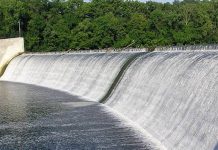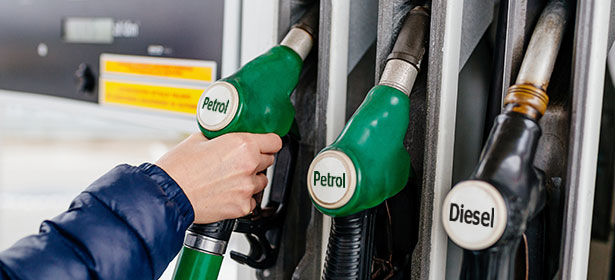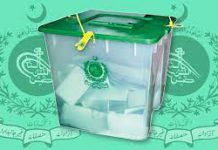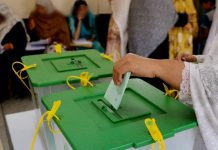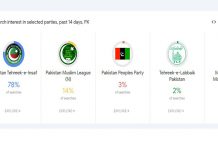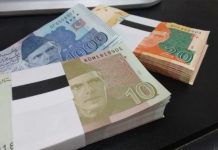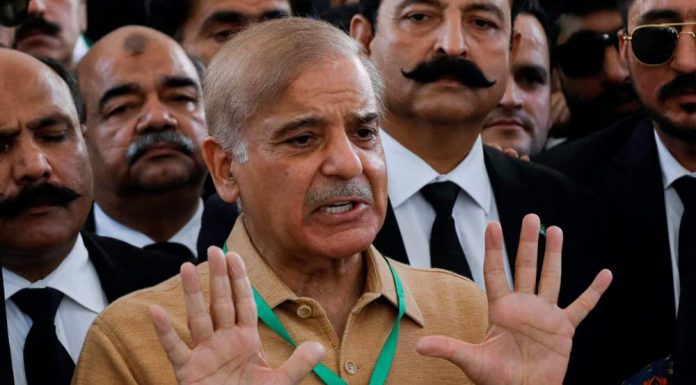Petrol Prices Soars by Rs14.91 per Litre
The caretaker government has approved a substantial petrol price increase, raising it by Rs14.91 per litre. This decision has been met with public concern and will significantly impact consumers nationwide.
High-Speed Diesel (HSD) Prices Surge by Rs18.44 per Litre
In addition to the petrol price hike, the government has raised the prices of high-speed diesel (HSD) by a staggering Rs18.44 per litre. This sharp increase will have cascading effects on various sectors of the economy.
New Fuel Prices Reach Historic Highs
As a result of these increases, the Ministry of Finance has announced that petrol will now cost Rs305.36 per litre, while HSD will be priced at Rs311.84 per litre. These new rates have reached historic highs, placing a heavy burden on the general public.
Exclusion of Kerosene and Light Diesel Oil
It is important to note that the government’s decision did not specify any changes in kerosene and light diesel oil prices. This omission raises questions about the rationale behind selectively increasing fuel prices.
Frequent Fuel Price Hikes
This recent price hike comes shortly after a substantial increase in fuel prices on August 15, when the interim government raised them by up to Rs20 per litre. Before that, the previous government had also implemented similar fuel price hikes on August 1. The frequency of these price hikes has raised concerns about the affordability of essential commodities.
Factors Behind the Price Hike
The government attributes this price hike to existing tax rates and import parity prices. Currency depreciation and a slight increase in international oil prices have played a significant role in these adjustments, affecting the overall cost of petroleum products.
Economic Challenges:
The Pakistani rupee has continued to weaken, with a decline of Rs1.09 against the US dollar in the interbank market, reaching a historic low of Rs305.54. Since the caretaker government came into power, the rupee has depreciated by 4.6%; throughout August, it lost 6.2%. The devaluation of the rupee further exacerbates economic challenges, making imported goods and fuel more expensive for consumers.
Conclusion:
In summary, the recent fuel price hikes and the depreciation of the Pakistani rupee pose significant economic challenges for the country. These developments have led to concerns about the affordability of essential commodities and the overall financial well-being of the population. The government’s decision to increase fuel prices will likely have far-reaching consequences across various sectors of the economy.
How useful was this article?
Please rate this article
Average rating / 5. Vote count:






